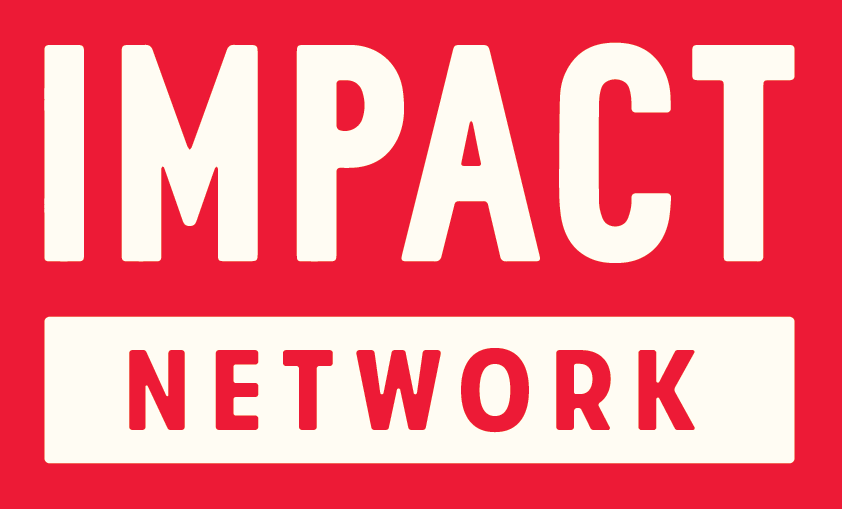"That's throwing like a girl..."
This week has been a particularly exciting week in the world of women’s basketball. Caitlin Clark became the NCAA women’s leading scorer with her signature long-range logo three-pointer (she’s got 100 more to beat the men’s record holder, which she’s on track to do within the next three games). Last night, it was an absolute delight to see NY Liberty player Sabrina Ionescu compete against Steph Curry in the three-point competition during the NBA All Star Weekend (while Ionescu lost, she tied with the actual winner from the three-point contest, Damian Lillard). And, our family’s favorite player, Abbey Hsu, became Columbia University’s leading scorer of all-time – men’s or women’s.
All three of these players bare some resemblance to baseball sensation, Mo’ne Davis. Davis is the first girl to earn a win and pitch a shoutout in Little League World Series history, and only the fourth American girl to play in the Little League World Series at all!
In 1972, Maria Pepe was actually the first girl to start in Little League games, but she was taken out of the game when opposing teams demanded it. A suit was filed on her behalf, and in 1973, and the judge ruled in Pepe’s favor. While the ruling was too late for Pepe, it paved the way for Davis and other girls to play in the Little League in future decades. Despite this, less than 0.2% of participants have been women.
Mo’ne Davis played sports as a child, and one day the program director at a rec center in Philadelphia saw her playing football with her cousins. He recruited her to play basketball, and she soon became his best player and the only female on the team. At the age of 13, Davis threw a 70 mile per hour fastball, while the average velocity in her age class is in the 50-60 mph range. While most famous for being a Little League pitcher, Davis actually considers basketball her primary sport. She is that good of an athlete.
" I throw 70 miles an hour. That’s throwing like a girl."
Movements are gradual, change takes time, and progress needs its champions. Maria Pepe and the ruling over 40 years ago made it possible for Davis and other girls to come out onto the baseball field at all. And now, Davis’s success is going to make it possible for generations of girls to see that they have a place in professional sports. Who will be the champion of quality education in Zambia? It’s possible that girl is in our Impact Network schools right now.
-Reshma
